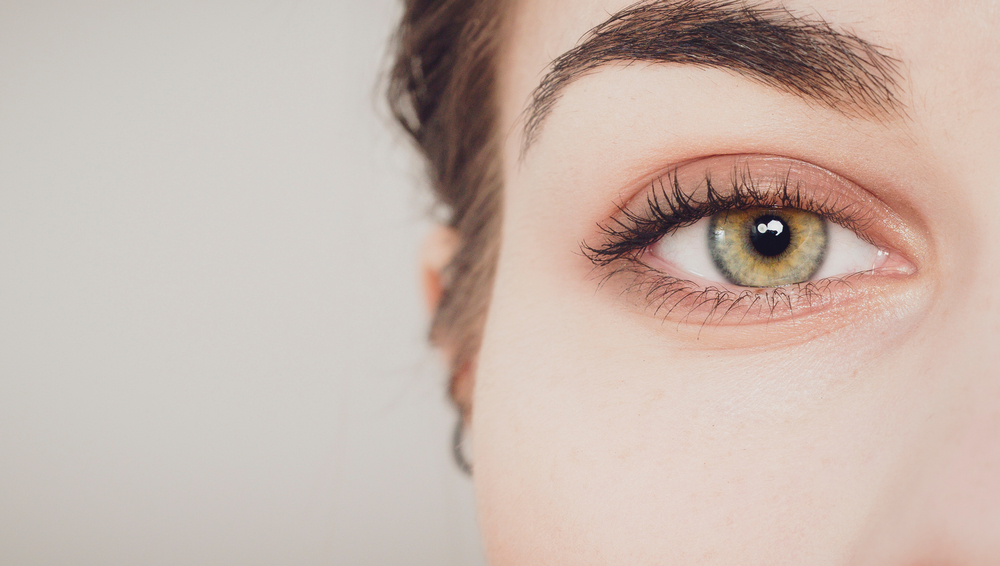
Are you aware that one in 2,000 people between puberty and 35 years suffers from keratoconus?
The distortion of the corneal surface and the thinning of the cornea are what characterize keratoconus. The transparent membrane on the outer part of the eye is the cornea. The layer in the middle of your cornea is usually the thickest. It comprises a protein known as collagen and water. The collagen is responsible for the strength and flexibility of your cornea and maintains a uniform round shape.
The cornea's shape helps focus light into the eye, but keratoconus causes it to thin, bulge, and form a distorted cone. This thinning and irregularity can cause loss of vision.
What Causes Keratoconus?
There have been many studies over the decades into keratoconus, but the specific source of the condition is still unknown. It is likely that the susceptibility to developing the disease already exists at birth.
One of the most prevalent findings of keratoconus is collagen loss. This results from the imbalance between obliteration and corneal tissue production by the cornea cells.
Keratoconus usually sets in at around the ages of 12 and 13, and it continues to progress well into the 30s. There is no way of knowing whether the disease will advance or how fast it will advance. Usually, it affects all your eyes, with one eye more affected than the other.
What Are the Symptoms of Keratoconus?
It is not easy to realize that you have keratoconus, though one of the first symptoms is blurry vision. Another is progressively worsening vision, which makes it more challenging to prescribe eyewear. Other symptoms are:
- Difficulty with vision at night.
- Increased light sensitivity.
- Halos and glare around lights.
- Irritation in the eyes or headaches has a relationship with pain in the eyes.
- Sudden clouding or vision becoming worse.
What Are the Risk Factors for Keratoconus?
Genetics
You might develop it yourself if you have disorders or keratoconus in your family history. Down syndrome can predispose you to develop keratoconus later in your life.
Chronic Inflammation
If you suffer from constant inflammation of the eyes, you are predisposed to developing keratoconus. The inflammation can result from irritants or allergens in the environment that can damage the corneal tissue, resulting in keratoconus.
Rubbing the Eyes
Chronic rubbing of the eyes has a relationship with the emergence of keratoconus. It can also be a cause for the progression of the disease.
Age
This condition is most common among teenagers. Teens with the advanced stages of the disease might need a corneal implant surgery to correct the condition.
Diagnosis of the Disease
Corneal Topography
Corneal topography is the most precise procedure to diagnose keratoconus and track its progression. Eye doctors do this using a computerized photo to create a cornea map.
Pachymetry
Pachymetry measures the part where the cornea is thinnest.
Slit-lamp Exam
The slit-lamp exam is helpful to detect irregularities in the center and outer parts of the cornea.
For more on signs and symptoms of keratoconus, visit Raleigh Eye Center at our offices in Raleigh, Durham, Reidsville, North Carolina, or South Hill, Virginia. You can also call (919) 899-2472 or (919) 876-2427 to book an appointment today.













